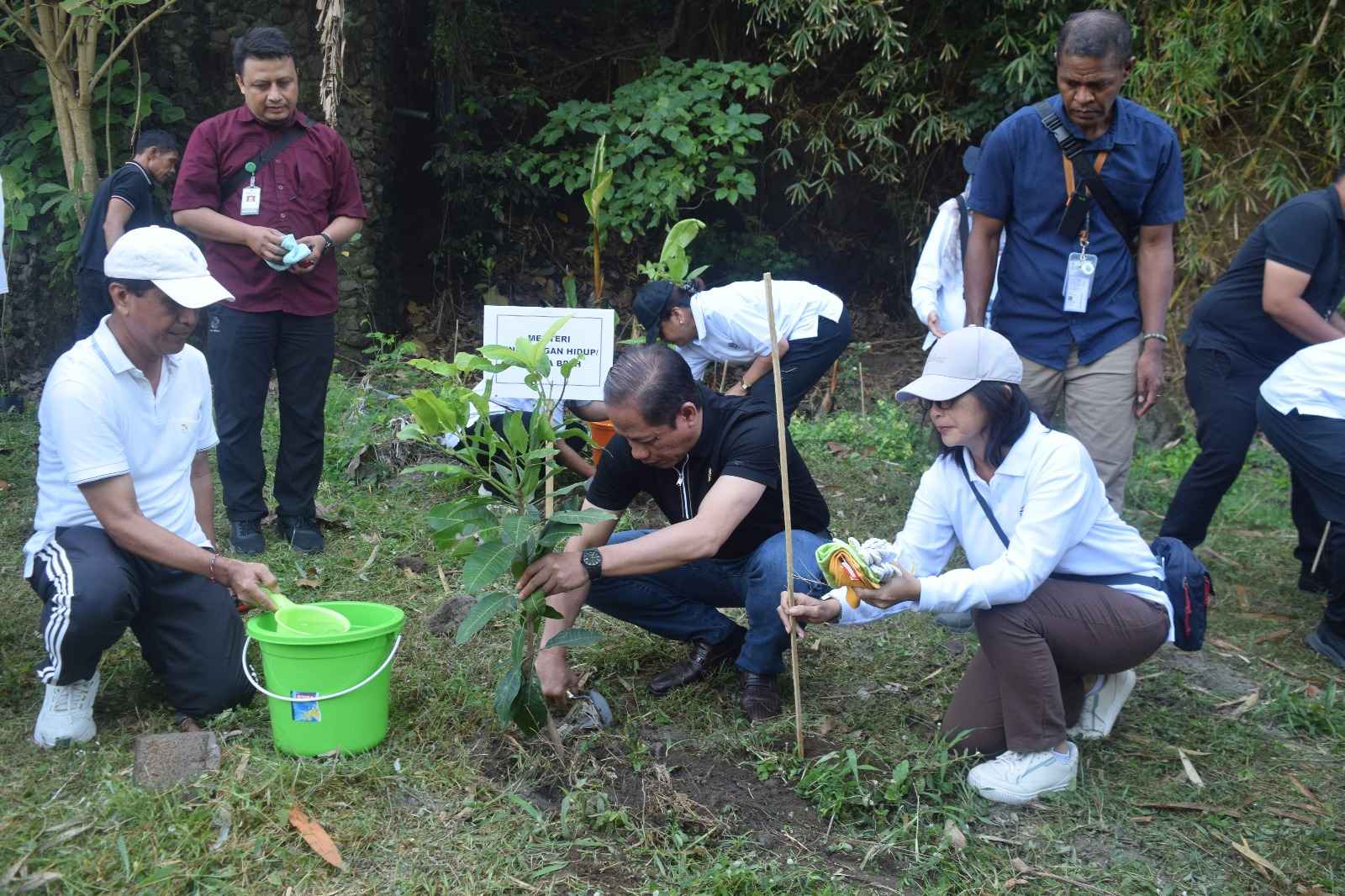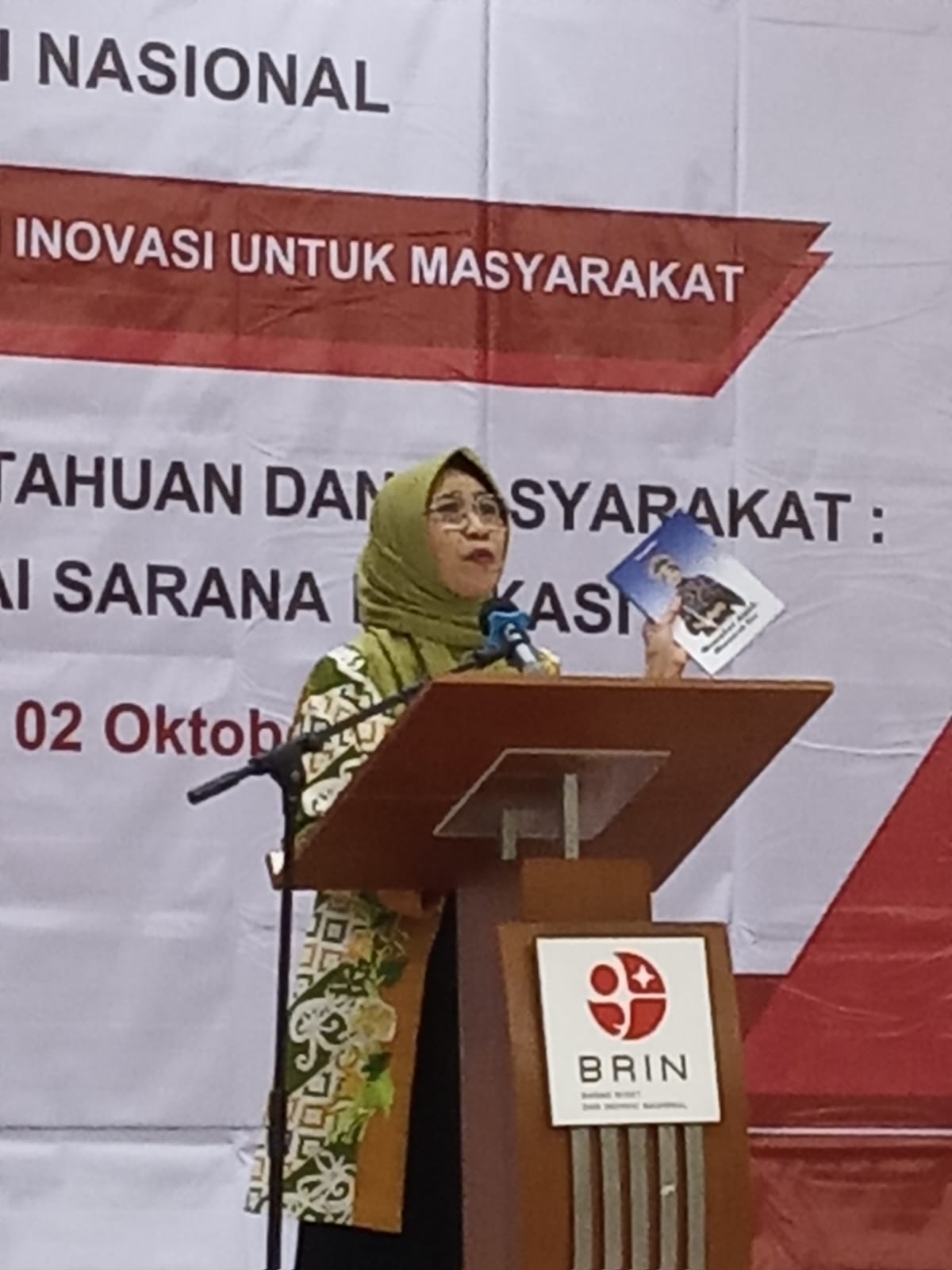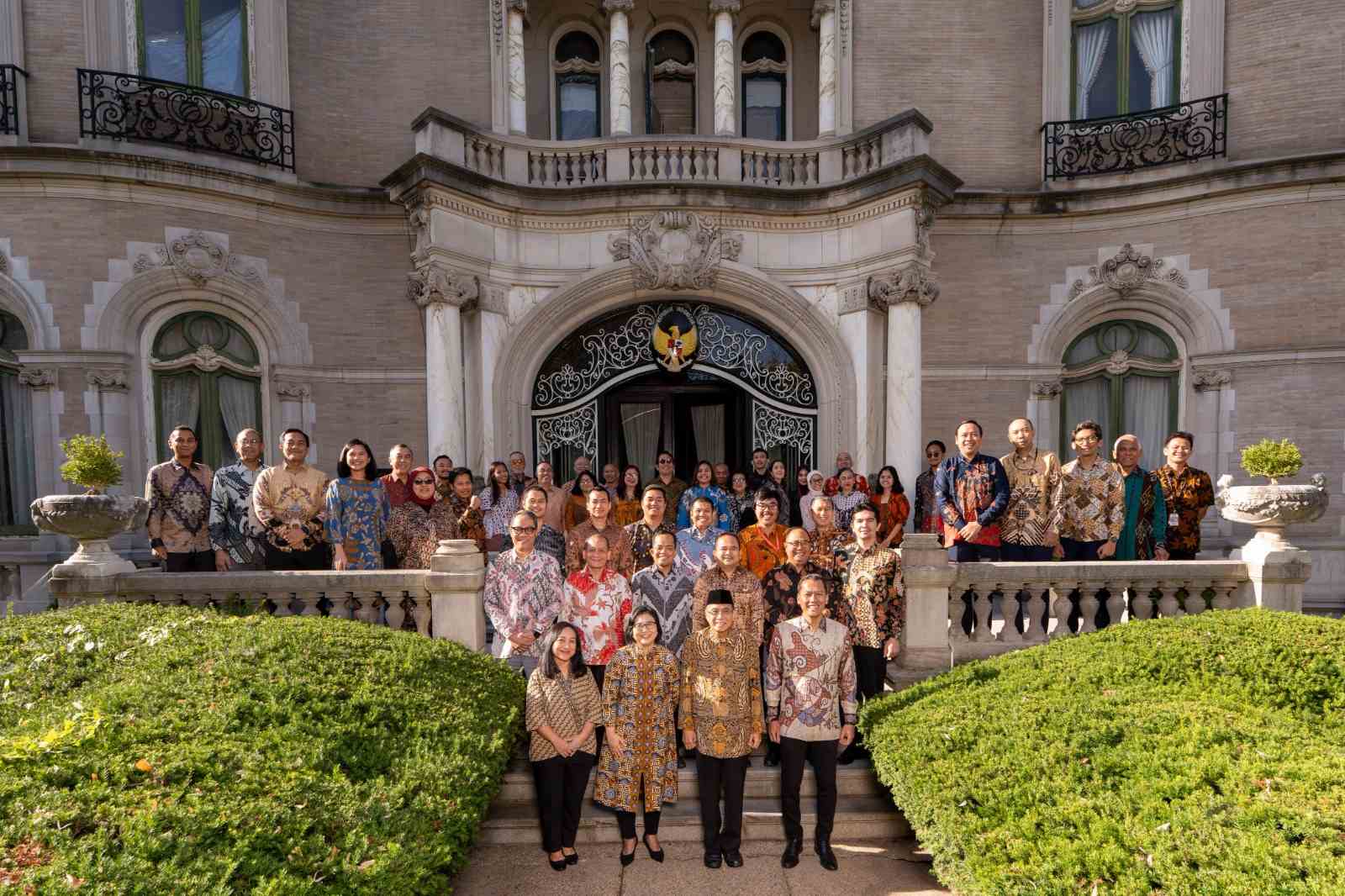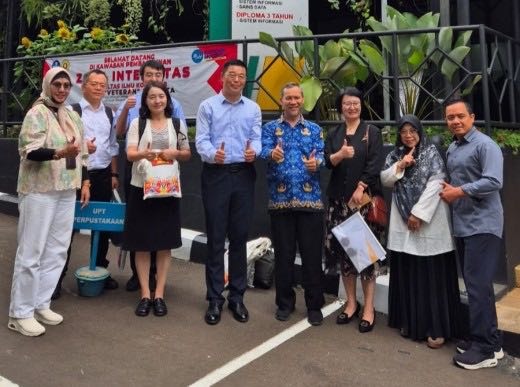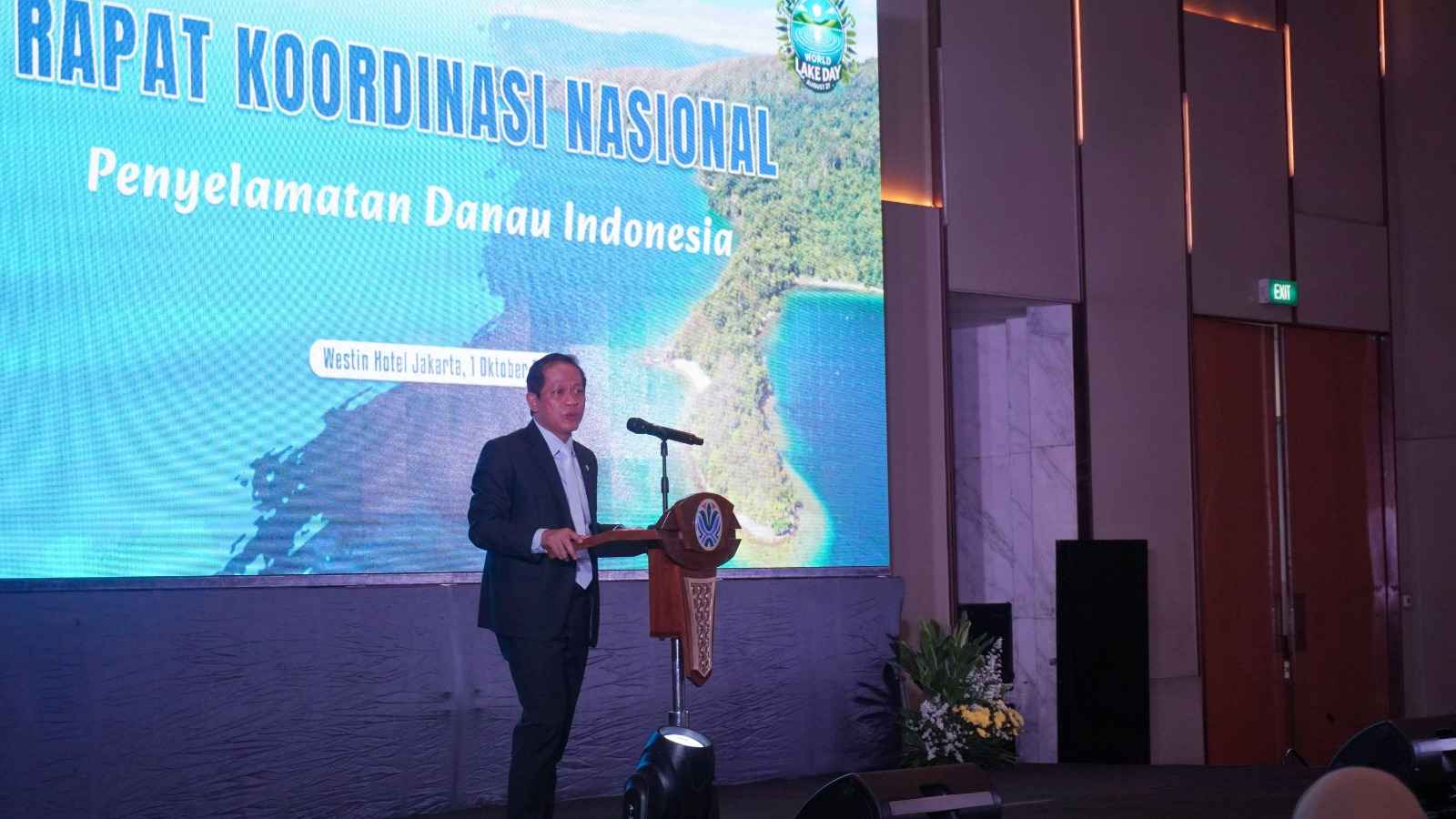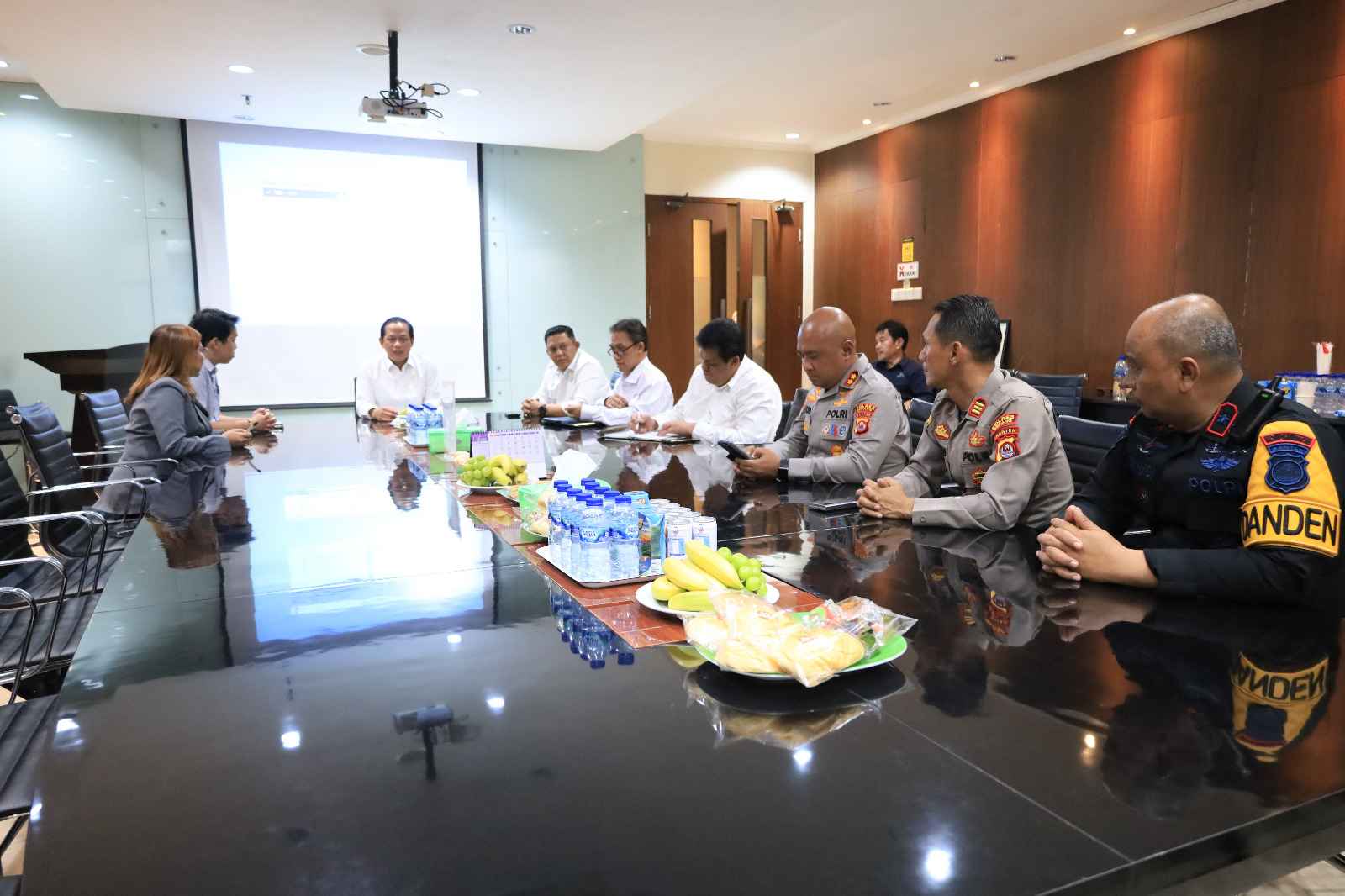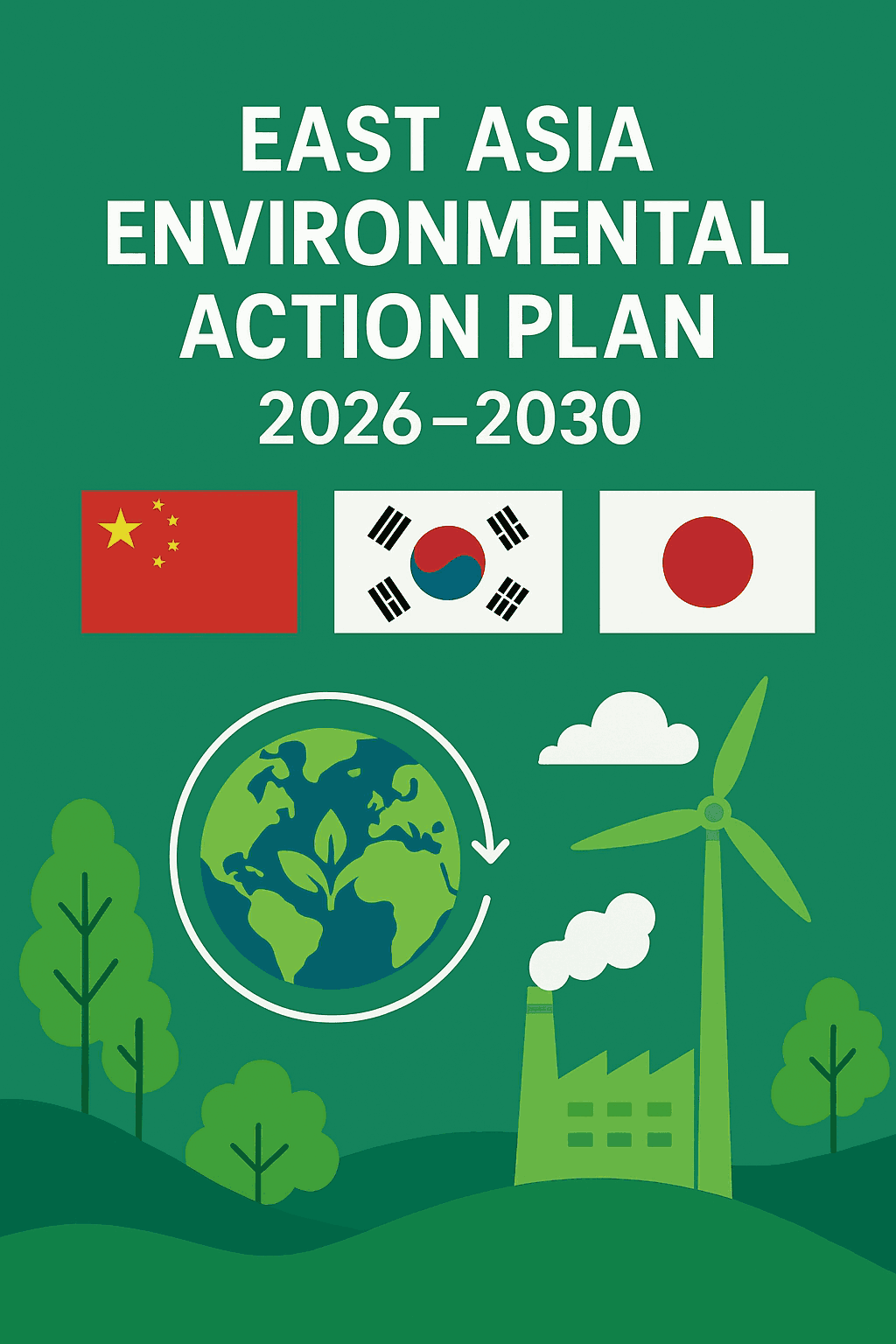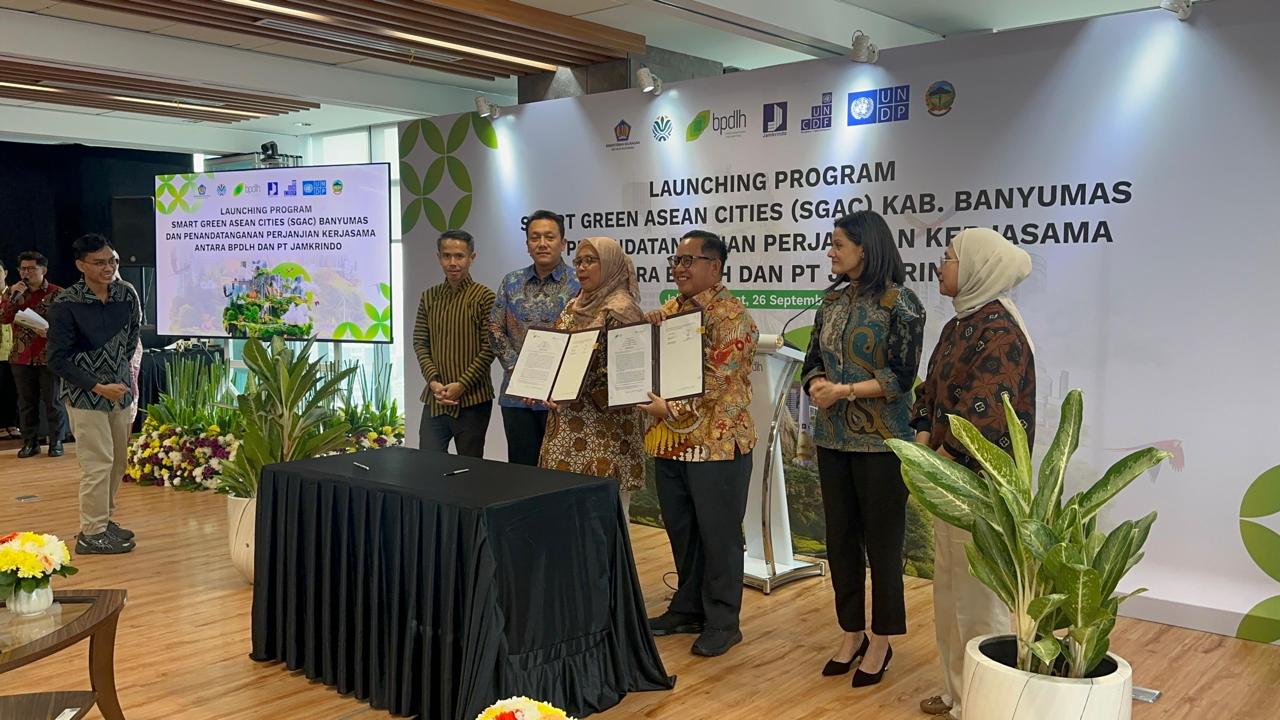Enviro News Asia, Denpasar – The Ministry of Environment of the Republic of Indonesia has taken concrete steps to restore Bali’s ecosystem after the floods by launching a greening movement in Denpasar City. This initiative forms an important part of climate change adaptation strategies and the strengthening of environmental resilience in urban areas.
“This greening effort is not just a ceremony but our collective concrete response to strengthen ecosystem resilience after the floods. The trees planted will reinforce soil structure, reduce rainwater runoff, increase infiltration capacity, and maintain air quality,” emphasized Minister of Environment Hanif Faisol Nurofiq in Denpasar, Bali, on Friday (September 27, 2025).
The flooding that struck Bali serves as a reminder that ecosystems remain vulnerable to climate change, deforestation, and suboptimal spatial planning. Therefore, greening is a strategic measure to restore environmental functions and prevent similar disasters in the future.
The greening activity took place at the Denpasar Biodiversity Park (Kehati Park), which since May 2023 has been developed as a conservation and environmental education area by the Bali Nusa Tenggara Environmental Control Center (Pusdal LH) of the Ministry of Environment. The 6.6-hectare area located at Pura Dalem Mutering Jagat, Kesiman Traditional Village, East Denpasar, was designated as the park site under Minister of Environment Regulation No. 3 of 2012.
As a tangible commitment, various productive and ecologically valuable trees were planted, including mango, majegau, rejasa, nagasari, jackfruit, and champak. The selection of tree species considered long-term ecological, social, and economic benefits for surrounding communities.
Minister Hanif also invited the public, especially the younger generation, to take part actively in the greening movement.
“I hope this activity is only the beginning. Do not stop here. Keep planting, keep planting, and keep planting,” he said.
Public participation is considered the key to successful environmental restoration. Cross-sector collaboration among government, business, communities, and the public must continue to be strengthened to ensure the sustainability of urban ecosystems. (*)




